Used for precision machining of Cemented Carbide Flats with an Angle
Cat:Cemented Carbide Flats
At our grinding supplies company, we offer a range of high-quality cemented carbide flats with angle, meticulously craft...
See DetailsIn recent years, sustainability has become a significant driving force behind innovation in the cemented carbide industry. As environmental regulations tighten and industries shift toward greener practices, manufacturers of cemented carbide tip products and Carbide Flats are reevaluating their production methods. These shifts are not only motivated by regulatory compliance but also by a broader commitment to reducing resource consumption and less environmental impact.
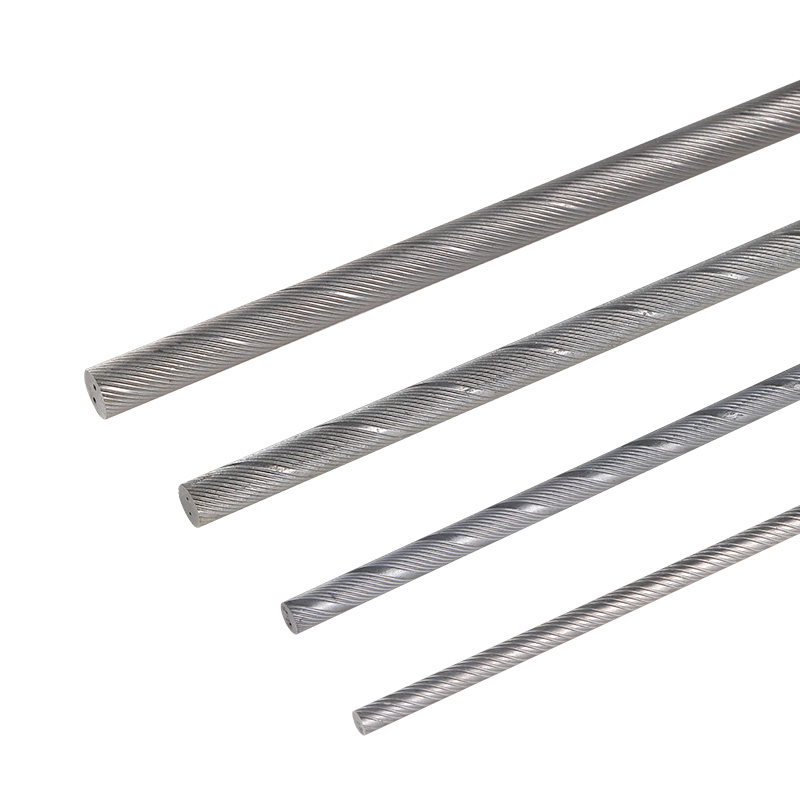
One of the key areas of focus has been energy usage during the sintering and grinding phases. Traditional methods in cemented carbide processing require high temperatures and prolonged cycles, pilot to considerable energy consumption. In response, manufacturers are gradually adopting low-emission furnaces and exploring shorter cycle times through process optimization. These improvements directly affect the environmental footprint of producing cemented carbide tip components and Carbide Flats, aligning the industry more closely with global sustainability targets.
Material recovery and recycling represent another growing trend. The reuse of tungsten and cobalt from used tools and scrap materials is becoming more widespread. Recycling initiatives are now integrated into many operations, allowing reclaimed metals to be reintegrated into the production of cemented carbide tip tools and Carbide Flats without compromising quality. These closed-loop systems not only reduce the dependency on raw material extraction but also help stabilize supply chains that are often vulnerable to geopolitical and market disruptions.
Water management is also undergoing significant changes. Water-intensive grinding and finishing processes, particularly in the shaping of Carbide Flats and sharpening of cemented carbide tip components, are being redesigned with sustainability in mind. Filtration and recycling systems are now common in modern plants, reducing both water waste and the release of contaminated fluids into the environment. These practices underscore a growing awareness that even small changes in operational procedures can yield meaningful environmental benefits over time.
Another area where sustainability has reshaped cemented carbide processing is in the selection and formulation of binders and additives. Traditionally, binders like cobalt have been essential to achieving the hardness and toughness required in cemented carbide tip applications. However, concerns over the health and environmental effects of certain materials have led researchers to investigate alternative compositions. This includes the development of eco-friendlier binders that still maintain the mechanical integrity necessary for high-performance Carbide Flats and tips.
Digitalization and process automation also contribute to sustainable practices. Smart manufacturing technologies enable real-time monitoring of energy use, emissions, and waste generation. With greater visibility into each stage of production, manufacturers can make data-driven adjustments that enhance efficiency. This is particularly valuable in the production of complex cemented carbide tip designs and precision-ground Carbide Flats, where consistency and accuracy are critical. Automation further reduces material loss and ensures more consistent usage of inputs, thereby cutting down on waste.
Market demand is influencing this transition as well. Customers in aerospace, automotive, and general machining are increasingly favoring suppliers that demonstrate sustainable production credentials. As such, offering cemented carbide tip tools and Carbide Flats that are produced under environmentally conscious standards has become a differentiator in a competitive market. Transparency regarding sourcing, manufacturing, and end-of-life practices is now part of the value proposition.
As sustainability becomes a permanent fixture in industrial priorities, the cemented carbide sector is adapting at multiple levels. From raw material recycling to energy-efficient technologies and reduced water usage, every stage of the manufacturing process is being reconsidered. Cemented carbide tip production and the fabrication of Carbide Flats are evolving not just in response to external pressures but also as part of a broader movement toward long-term environmental responsibility.
The future of the industry lies in its ability to integrate sustainable practices while maintaining the functional requirements of cemented carbide tools. As this balance is refined, both cemented carbide tip solutions and Carbide Flats will continue to serve critical roles across industries, now with a smaller environmental footprint.
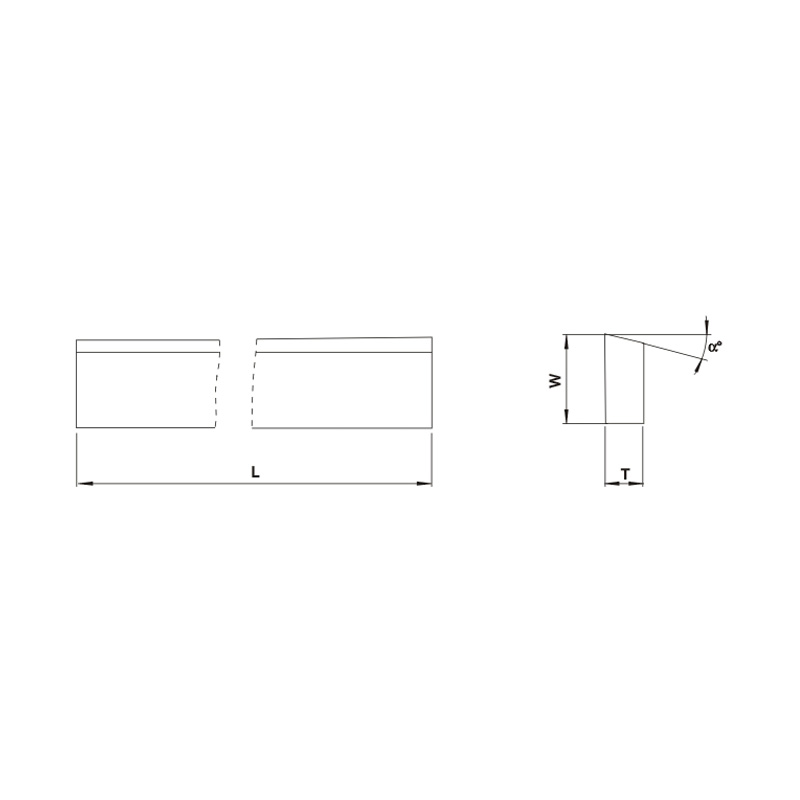
At our grinding supplies company, we offer a range of high-quality cemented carbide flats with angle, meticulously craft...
See Details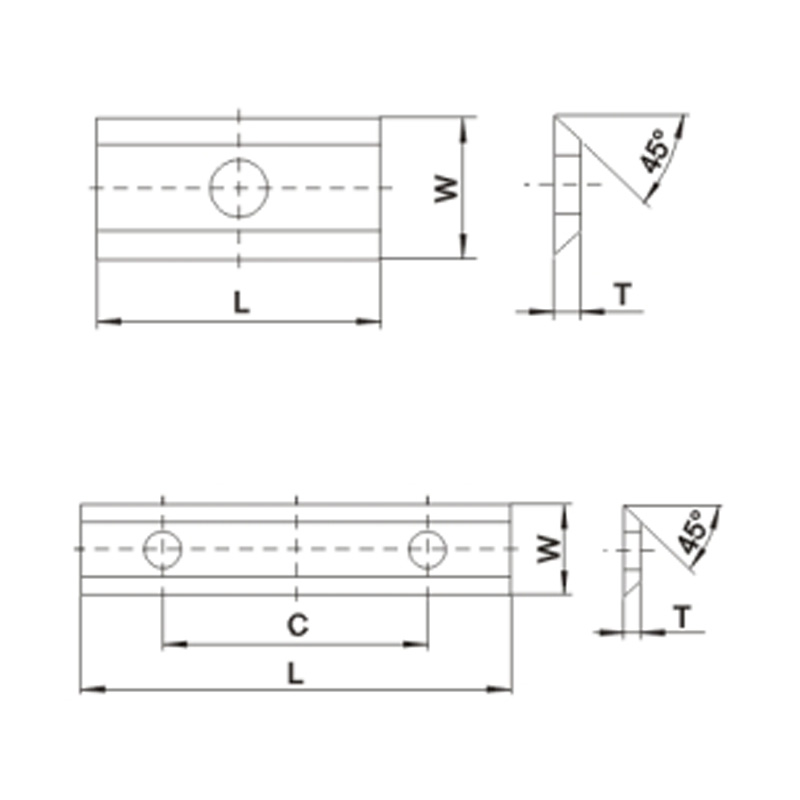
Welcome to our Carbide Knives Series A Type product page! As a pilot provider of grinding tool products, we are excited ...
See Details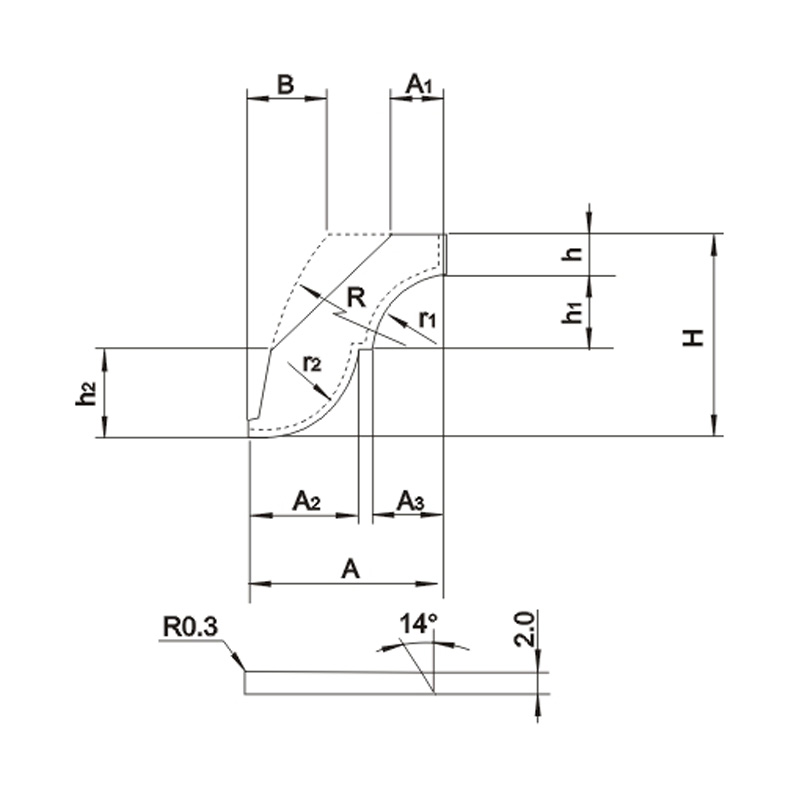
Welcome to our product showcase featuring the Double-Sided Door Panel Edge Profile Cutter Blade! Designed for precision ...
See Details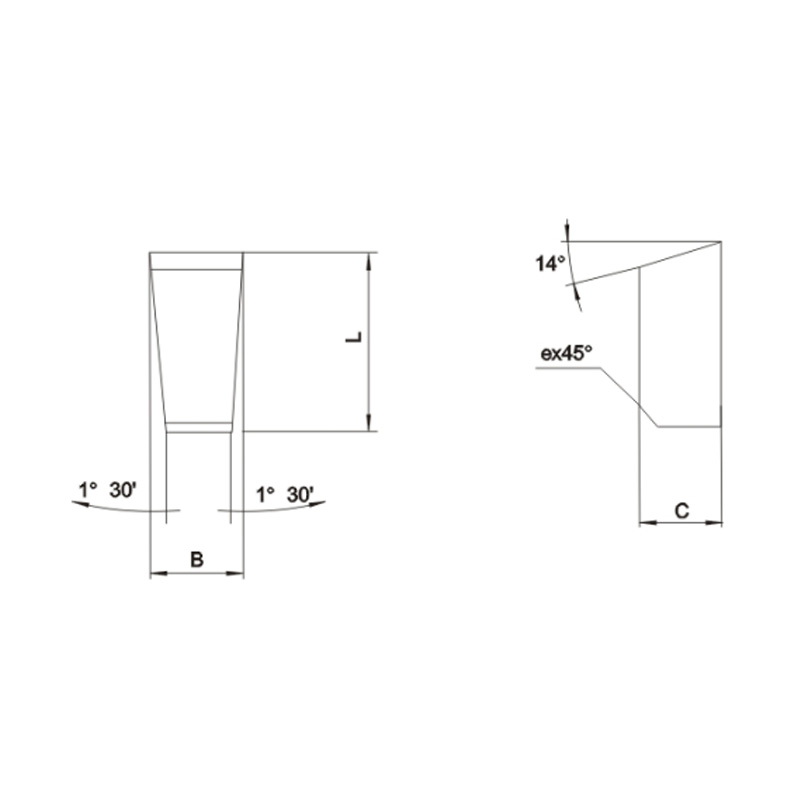
Welcome to our product page featuring the C3 Type for cutoff tool and grooving cutter! Our company specializes in provid...
See Details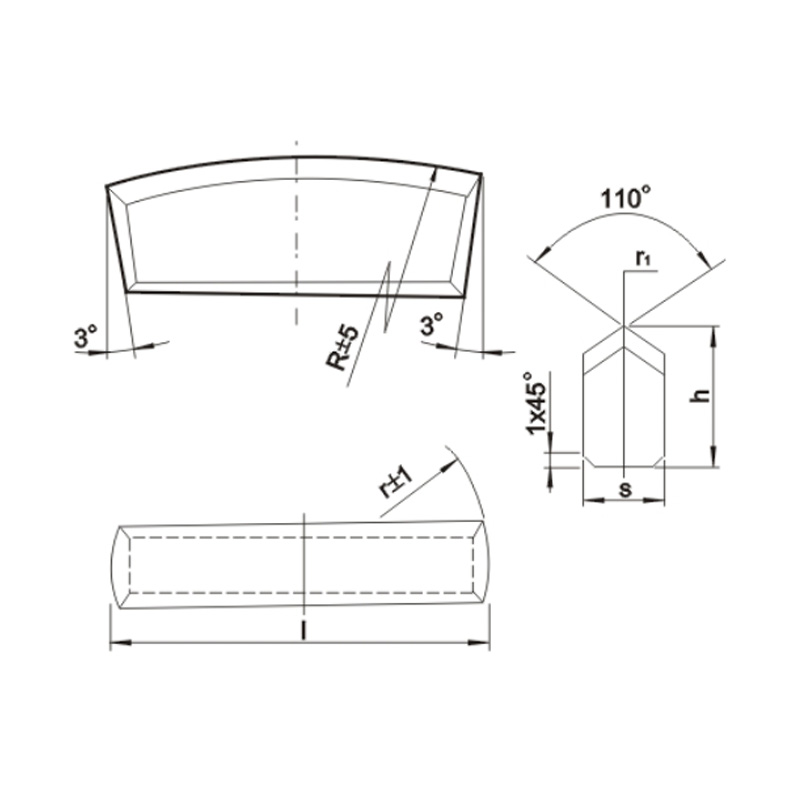
At our grinding tool supply company, we take pride in offering top-of-the-line products tailored to meet the demanding n...
See Details
Contact Us